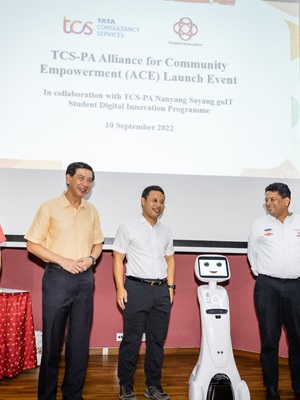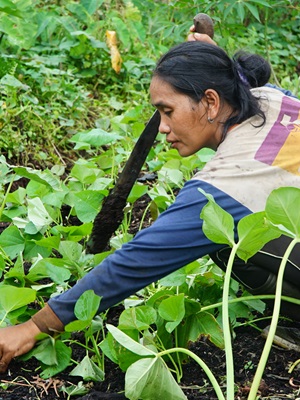When you see a photograph of a disabled person who recently graduated from high school, what would be your immediate reaction? You probably would instinctively conjure feelings of happiness for the disabled person, even extending your sincere congratulations to the person for accomplishing such a significant milestone in his life. You would even notice that some people would post about it on social media, amplifying the person’s accomplishment, touting that it is inspirational for everyone. They might even attach a cliche caption along with the picture, urging others to ‘work hard like the disabled person: if the disabled person can accomplish something in his life, surely, you are able to do the same.’ This is the dangerous narrative that the media has sold to the beguiled masses, believing that posting such derogatory content would be beneficial to raising awareness of disabled people. This is the pernicious narrative that has besieged today’s society, dehumanising disabled people and confining them to mere stereotypes. This is the toxic narrative that entrenches stereotypes and alienates the disabled from truly integrating into society, being seen as nothing but mere defective people warranting sympathy.
Indeed, it is ubiquitous to witness the swathes of posts disguised under the disguise of inspiration and motivation, glamourising the disabled person’s achievement and imploring others to display that same level of strength and tenacity. For instance, it would be commonplace for most people to see a morning post on Instagram or TikTok, with the caption embedded, ‘You can do it! Even though Alex has autism, he still managed to complete his high school diploma! This is no excuse for your lazy attitude towards life.’ In other instances, these posts might feature abled people being valourised for their benevolence and kindness towards disabled people, such as carrying a disabled person’s groceries or eating lunch with him in school because he was alone.
Such instances often evoke feelings of admiration and awe from others simply because of how abled people are seen as going against the vein of discrimination against disabled people in society, thus being bestowed with titles of ‘saviours’, ‘samaritans’ and even ‘saints’ simply because they made a disabled person’s life better. Hence, it is pervasive to see hoards of people online affirming abled people for their acts of goodwill, remarking ‘That is so nice of you! I want to be like you!’ or ‘You are spreading positive vibes to others and everyone should learn from you! This is so heartwarming to see this in society.’
These posts are incontrovertibly so addictive to abled people simply because it appeals to the emotional psyche of them, allowing them to relish in feelings of accomplishment and goodwill because they have aided someone in a benevolent light. This is because society perpetually discriminates against disabled people blatantly, crudely viewing them as mere liabilities due to the vast amount of accommodations that society has to provide. These abled people believe that in order to break the mould of discrimination in society, they need to amplify acts of kindness and charity towards the disabled in society, allowing society’s understanding and perception of disabled people to shift in a more favourable direction. Hence, when they see acts of kindness and benevolence towards disabled people, abled people are instinctively compelled to recognise other abled people’s efforts in contributing to a more accommodating and inclusive society, posting online about their feelings of ‘faith being restored in humanity’ when they see an abled person helping a disabled person with tasks in everyday life.
However, abled people fail to realise that such acts are in fact derogatory and discriminatory towards the disabled. In fact, some abled people would vehemently assert that these acts of goodwill and kindness should always be heralded and promoted in society because it encourages others to be kind towards the disabled. Some would even say that posting inspirational content about disabled people is ‘all for encouraging others to work hard’ or ‘it is to celebrate the disabled’s achievements with them’. Even though the majority of society thinks that they are aiding the disabled by promoting inspirational content about them or showing that they are receiving help from abled individuals, it unfortunately is under the veil of ignorance and prejudice. This phenomenon is also known as inspirational porn.
Inspirational porn, coined by Australian disability activist, Stella Young, is defined as the derogatory content of messages enshrouding disabilities. Her rationale for adding the word, porn, is to emphasise the objectification of disabled people. As uttered by her, she believes that inspirational porn is nothing but the media characterising the disabled as objects to be pitied on or as inspirations for everyone to emulate.
Posted 08/09/2024

















